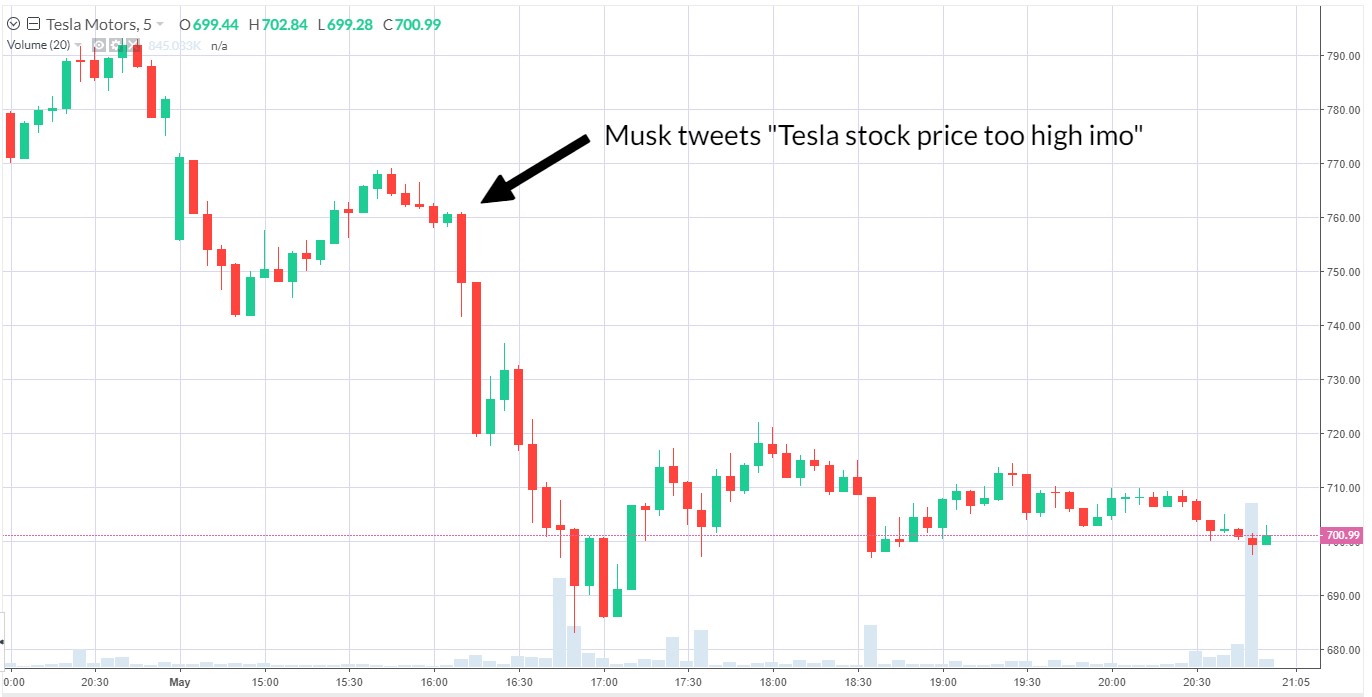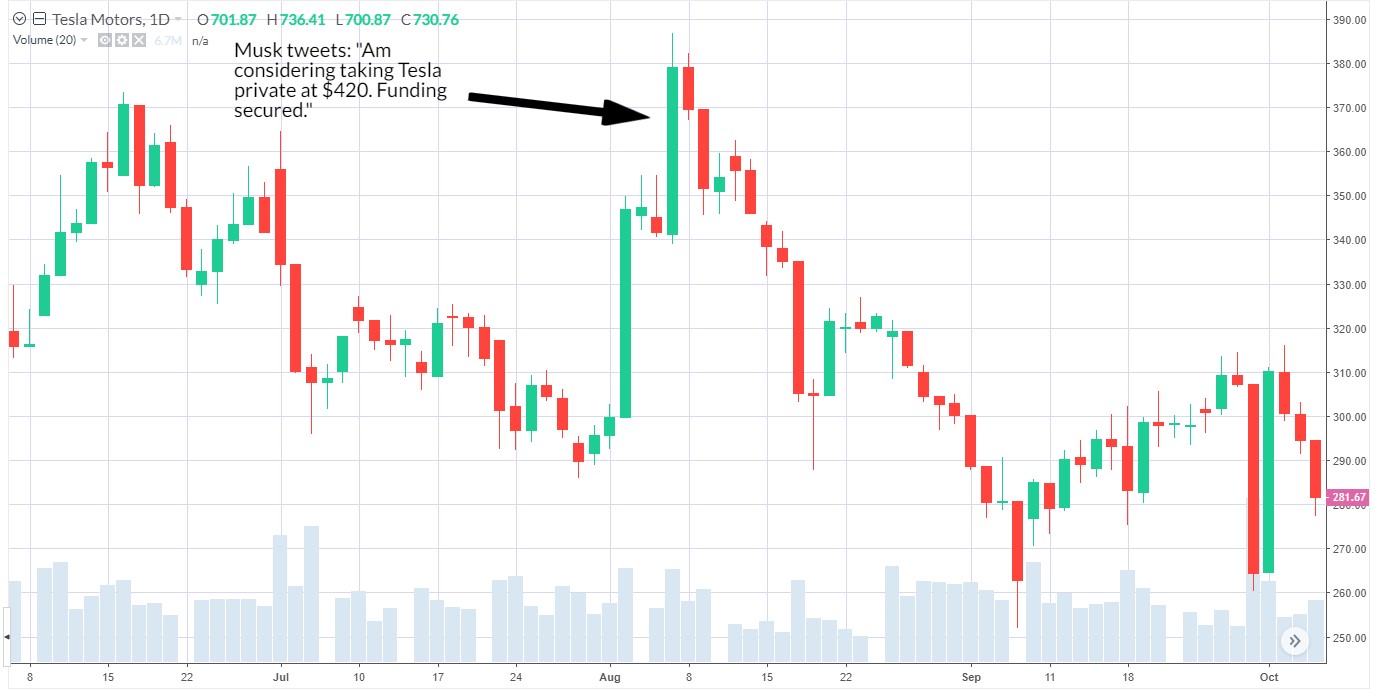Le site www.markets.com/fr/ exploité par Safecap Investments Limited (« Safecap »), qui est régulée par la CySEC sous la licence n°. 092/08. Safecap est situé au 148 Strovolos Avenue, 2048, Strovolos, P.O. Box 28132, Nicosie, Chypre. Safecap Investments Limited est une société constituée en République de Chypre sous le numéro ΗΕ186196.
Avertissement sur les investissements à haut risque : Les CFD sont des instruments complexes et sont accompagnés d’un risque élevé de pertes financières rapides en raison de l’effet de levier. 76,3 % des comptes d’investisseurs particuliers perdent de l’argent en tradant des CFD avec ce fournisseur. Vous devez déterminer si vous comprenez comment fonctionnent les CFD et si vous pouvez vous permettre de courir le risque élevé de perdre votre argent. Veuillez lire la Divulgation des Risques pour une explication plus en détails des risques encourus.
Selon votre nationalité ou le pays de votre résidence permanente, nous pouvons être tenus, en vertu des lois, des règles et des règlements locaux applicables, de vous proposer certains mécanismes de protection supplémentaires (comme un mécanisme de stop loss garanti) ou d’imposer des restrictions supplémentaires à vos activités de trading. Vous devez examiner attentivement notre Accord sur les services d'investissement pour connaître les détails de ces protections ou restrictions qui peuvent s'appliquer.
Territoires Restreints : nous n'établissons pas de comptes pour les résidents de certaines juridictions, y compris le Japon, le Canada, la Belgique et les États-Unis. Pour plus de détails, veuillez consulter notre
Accord sur les services d'investissement.
Safecap Investments Limited est détenu par Finalto (IOM) Limited.
Pour toute réclamation relative à la confidentialité et à la protection des données, veuillez nous contacter à l'adresse suivante : privacy@markets.com. Veuillez lire notre DÉCLARATION RELATIVE À LA POLITIQUE DE CONFIDENTIALITÉ pour plus d’informations sur le traitement des données personnelles.
Markets.com opère à travers les filiales suivantes :
Finalto Financial Services Limited est autorisé et réglementé par l’Autorité de conduite financière (FCA), numéro d’enregistrement 481853. Finalto Financial Services est une société constituée en Angleterre et au Pays de Galles sous le numéro 06557752. Les CFD de crypto-monnaies ne sont pas disponibles pour les clients particuliers.
Finalto (BVI) Ltd est autorisé et réglementé par la Commission des services financiers des Îles Vierges britannique (« FSC ») en vertu de la Loi de 2010 sur les valeurs mobilières et l’investissement, licence n° SIBA/L/14/1067.
Finalto (Australia) Pty Ltd est une société australienne (ACN 158 641 064) réglementée par la Commission australienne des valeurs mobilières et des investissements (« ASIC ») sous la licence n°424008.
Finalto (South Africa) Pty Ltd est réglementé par la Financial Sector Conduct Authority (« FSCA ») sous la licence n°46860 et agréé pour opérer de gré à gré (« OTC ») conformément à la loi « Financial Markets Act » no.19 de 2012.
Finalto International Limited est enregistrée à Saint-Vincent-et-les-Grenadines (« SVG ») en vertu des lois révisées de Saint-Vincent-et-les-Grenadines 2009, sous le numéro d'enregistrement 27030 BC 2023.











